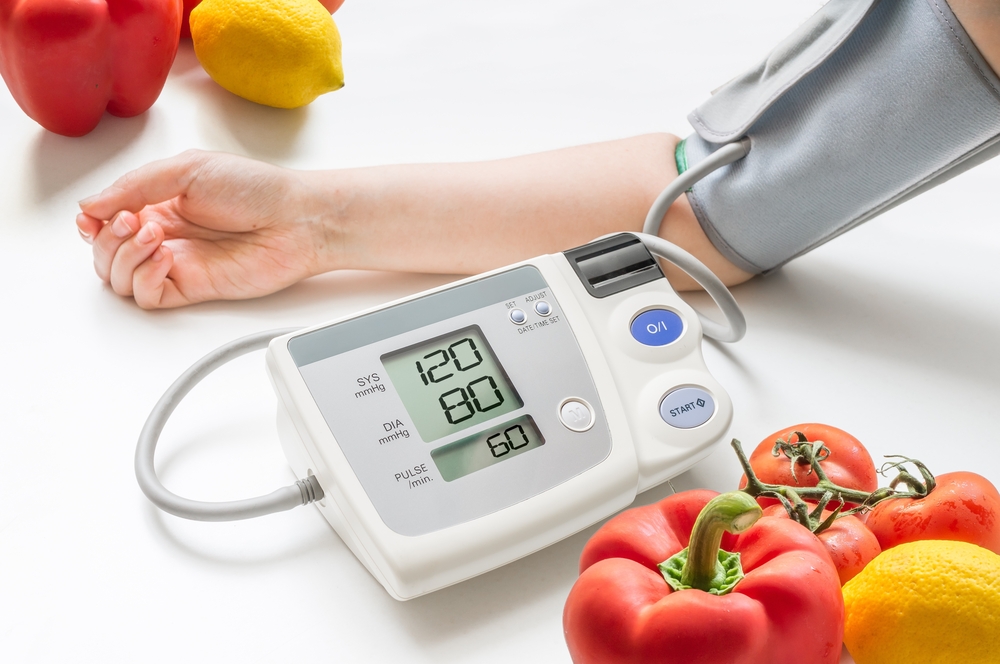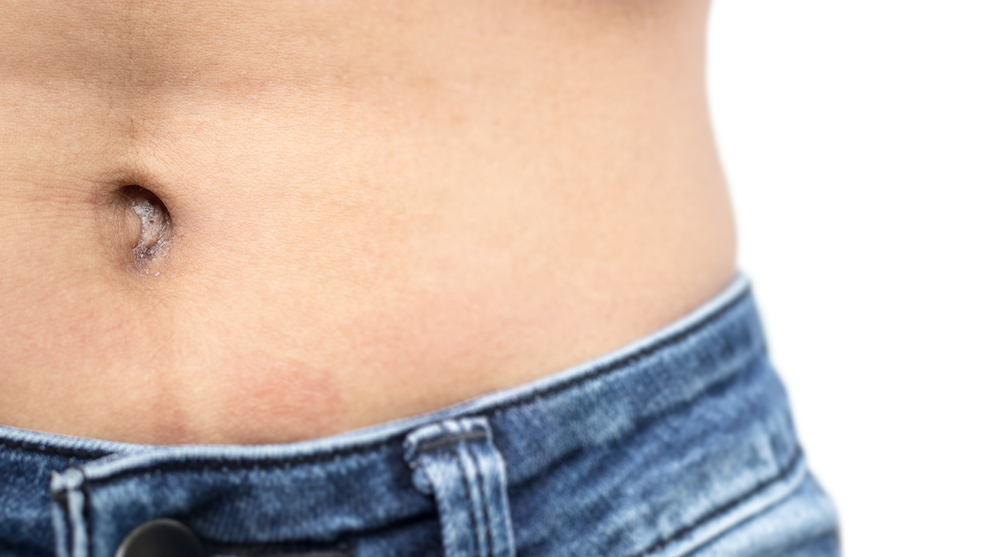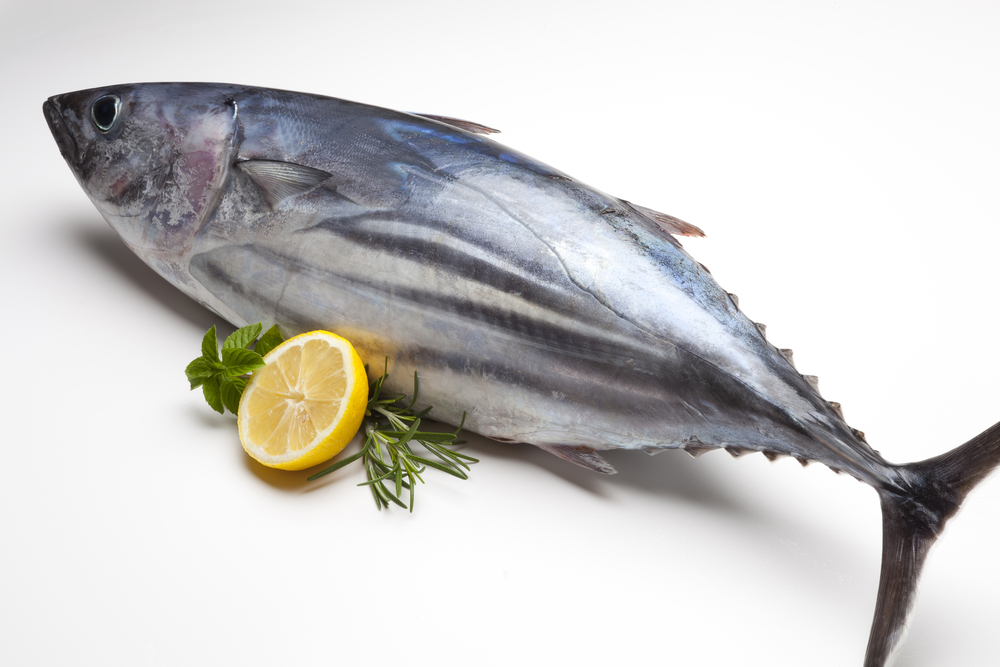Contents:
- Medical Video: Heart Bypass Surgery (CABG)
- Are there alternatives to coronary artery bypass graft?
- What complications can occur?
Medical Video: Heart Bypass Surgery (CABG)
Definition
What is coronary artery bypass graft?
Coronary artery disease is a disease caused by narrowing in the coronary arteries (blood vessels that supply oxygen to the heart muscle). This disease reduces blood supply to the heart muscle, causing angina and heart attacks.
When do I need to undergo coronary artery bypass graft?
Coronary artery bypass graft (CABG) is a medical surgical procedure performed to treat coronary heart disease. Coronary heart disease can cause angina, chest pain that occurs when the supply of oxygen-rich blood to the heart is limited. In some cases, angina can be treated with drugs, but CABG is needed to treat severe angina to increase blood supply to the heart.
Prevention & warning
What should I know before undergoing coronary artery bypass graft?
After CABG is done, most people feel some symptoms are reduced, such as shortness of breath and chest pain. The risk of heart attack also decreases. However, you must remember that CABG is not a cure for coronary heart disease. If you don't change your lifestyle, such as eating healthy foods and exercising regularly, the grafted arteries will become hard and narrow again.
Sometimes CABG needs to be done again or you might need another medical procedure to dilate your arteries using a small balloon and a tube called a stent (coronary angioplasty).
Are there alternatives to coronary artery bypass graft?
Some people may need percutaneous coronary intervention (PCI) to expand their arteries using small balloons that can expand inside. Some drugs can also be taken to relieve symptoms of coronary artery disease.
Process
What should I do before coronary artery bypass graft?
Before going to the hospital to do CABG, it would be nice to do some preparation.
Here's what you should do:
- put a TV remote, radio, telephone, medicine, tissue, telephone book, and glasses on the table that you can easily reach later after surgery
- provide food that is easy to prepare (eg frozen food, cans and raw foods such as rice or pasta) or prepare your own food which is sufficiently frozen or warmed during the recovery period. Or, it's easy to ask someone for help to cook until your condition recovers
- before going to the hospital, you have to take a clean shower, shampoo and cut nails (don't forget to clean all types of nail polish you use). Wear clean clothing to prevent bacteria from sticking, which might increase the risk of complications
When you get to the hospital, you should discuss with your doctor about the last treatment you have had, allergies, or other health conditions. Before performing the surgery, you will meet with the anesthetist and plan a joint anesthetic. Follow the rules given for fasting before surgery.
What is the coronary artery bypass graft?
This operation is carried out under general anesthesia and usually takes about three hours.
The surgeon will dissect the front of your chest through the breastbone. You will be connected to the heart-lung machine, which keeps your heart quiet for a moment while this bypass operation is performed.
The surgeon will take long blood vessels from other parts of your body, to overcome blockages and supply blood to your heart.
What should I do after coronary artery bypass graft?
After your surgery you will be transferred to a cardiac intensive-care unit or a high-dependency unit for several days, and then transferred to the ward. You can go home after 7 to 10 days. Your doctor will tell you when you can return to normal activities. Regular exercise will help you to resume normal activities as quickly as possible. Before you start exercising, ask the health team or doctor for advice. Most people are able to recover completely, angina subsides, but sometimes some symptoms can reappear.
Complications
What complications can occur?
As with other operations, CABG also has a risk of complications.
Complications that may occur because the operating procedure includes: pain, bleeding, shrinkage, and blood clots. Risks that are rare and treatable are irregular heartbeats or wound infections, but sometimes the risk of serious complications such as strokes or heart attacks can also occur.
Hello Health Group does not provide medical advice, diagnosis or treatment.











